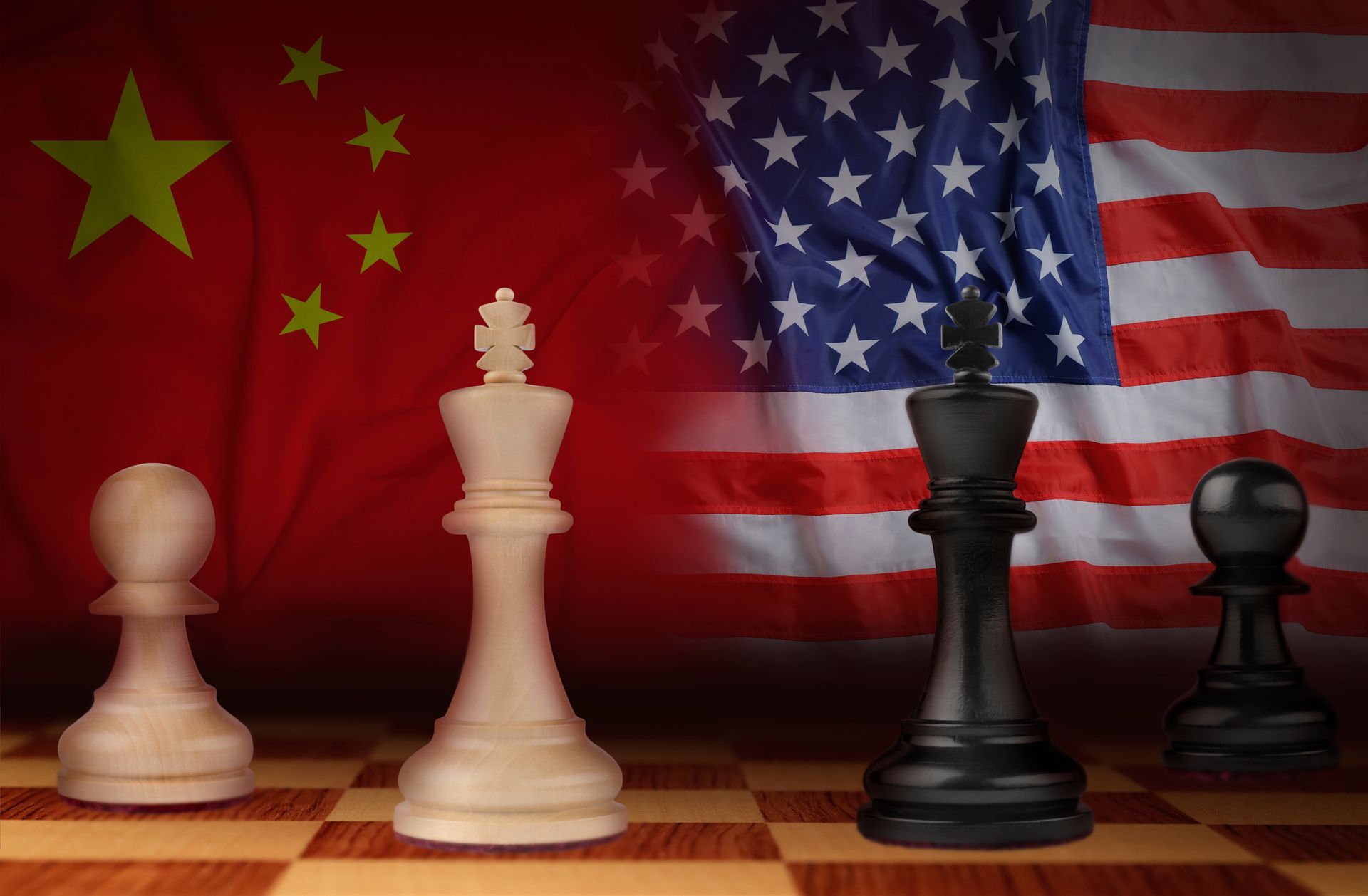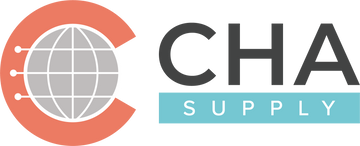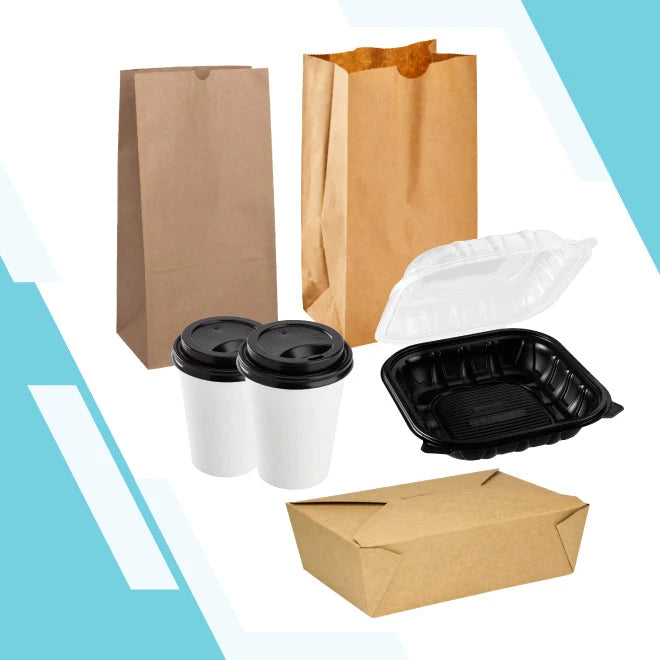Navigating 301 Tariffs and Its Potential Impact On Your Supply Chain

The U.S. has announced significant tariff hikes on Chinese imports under Section 301, marking another phase in ongoing global trade policy changes. These tariff adjustments were initially introduced to address trade practices and intellectual property concerns.
We saw a sharp rise on September 27, 2024, with further increases planned for 2025 and 2026. Industries like electric vehicles (EVs), medical supplies, and renewable energy will be directly impacted by these increased tariffs.
For U.S. businesses, this means higher costs and potential global supply chain challenges, especially for those reliant on imports from China.
Concentric Health Alliance offers products from over 40 countries, including domestic sources. In this post, we’ll break down what’s happening, which sectors are most affected, and how Concentric Health Alliance (CHA) is stepping up to help businesses navigate these changes with the supplies we offer.
Connect with Us for Tailored Supply Chain Solutions
WHAT ARE SECTION 301 TARIFFS?
Section 301 tariffs were first introduced in 2018 as part of the U.S. government's effort to address unfair trade practices, particularly around intellectual property theft and forced technology transfers.
Over time, these tariffs have become a cornerstone of the U.S. trade agreement strategy with China, aiming to reduce dependence on Chinese imports, especially in industries vital to U.S. national security and economic interests.
On September 27, 2024, the USTR rolled out new tariff adjustments, increasing rates on a wide range of products. These additional tariffs will have far-reaching effects across several industries, with even more increases planned for the next two years.
WHY SECTION 301 TARIFFS ARE A BIG DEAL
Many argue that these retaliatory tariffs aim to boost U.S. domestic production and lessen reliance on Chinese imports. However, the reality is that domestic products are still priced significantly higher than imported goods.
These tariff hikes will likely create global supply chain disruptions and inflate operational expenses for several U.S. companies that depend on these imports.
Take the healthcare industry, for instance. With essential medical supplies like nitrile gloves and face masks becoming more expensive, we might see a ripple effect impacting not only pricing but also availability.
Example: The increased tariff on a product will rise to 50% in 2025 and 100% in 2026.
Shop Our Discounted Products Now!
IMPACT ON U.S. BUSINESSES AND SUPPLY CHAINS
As these tariff adjustments roll out, U.S. businesses that depend on Chinese imports will encounter two significant hurdles: rising costs and potential global supply chain disruptions.
With tariffs on electric vehicles, batteries, and medical supplies skyrocketing, companies will need creative strategies to maintain profitability while managing their supply chains efficiently.
- Supply Chain Disruptions: Companies relying on Chinese suppliers must rethink their strategies. Finding alternative sources or diversifying suppliers can help mitigate the impact, but these transitions take time and may cause temporary setbacks.
- Increased Costs: Businesses importing goods hit by the tariff hike will face a sharp rise in expenses, particularly in healthcare, where price surges on vital supplies like syringes and gloves can have widespread consequences.
- Mitigation Strategies: To counter these financial burdens, businesses should seek domestic or third-country alternatives, renegotiate supplier contracts, or apply for VAT refunds.
We are here to help you shift your supply needs to other countries and reduce the impact of these increased tariffs.
KEY INDUSTRIES AND PRODUCTS AFFECTED

Industries facing the steepest impact from these tariff hikes include electric vehicles (EVs), medical supplies, renewable energy, and critical minerals. Let’s examine how these tariff adjustments will affect each sector:
- Electric Vehicles (EVs): Tariffs may increase from 25% to 100%, affecting manufacturers and consumers who rely on Chinese components. This will likely raise vehicle prices and slow EV adoption in the U.S.
- Batteries (non-EV lithium-ion): A tariff jump from 7.5% to 25% will impact manufacturers using these batteries across various products.
- Medical Supplies: Healthcare providers and distributors will see a 50%-100% tariff hike on essential items like respirators, face masks, syringes, and gloves.
- Renewable Energy: Solar panel tariffs will rise from 25% to 50%, increasing costs just as clean energy initiatives expand.
- Critical Minerals and Equipment: Higher tariffs on steel, aluminum, and ship-to-shore gantry cranes will disrupt multiple industries.
With these shifts, businesses must adapt by sourcing from different countries, restructuring operations, or absorbing higher costs.
This underscores the need for agile strategies in an evolving global trade landscape—especially for healthcare providers requiring uninterrupted access to essential supplies.
Contact Us For Personalized Support
HOW CONCENTRIC HEALTH ALLIANCE (CHA) IS RESPONDING
At Concentric Health Alliance, we’re committed to helping clients navigate these tariff adjustments. As Section 301 tariff hikes take effect, we’re implementing strategies to ensure our customers receive essential products at competitive prices.
How CHA Offsets Tariff-Driven Costs
We understand that increased tariffs can strain budgets. To counter this, we leverage:
- Bulk purchasing to reduce costs
- Cost-sharing options with partners
- Efficient distribution networks to pass on savings
Our global supply chain strategy ensures minimal disruptions and better pricing for our customers.
Our Strategy for Securing a Reliable Supply
As tariff hikes pressure imports, CHA is proactively working with alternative suppliers to stabilize your supply chain.
We’ve stockpiled high-demand medical supplies, disposable paper goods, and durable medical equipment to ensure availability when you need it most.
ADDRESSING CUSTOMER CONCERNS REGARDING 301 TARIFFS

At Concentric Health Alliance, we are committed to keeping your supply chain steady despite additional tariffs. Our emergency sourcing and backup inventory plans guarantee access to critical supplies.
We rigorously vet each supplier for compliance and safety, ensuring you receive only the best products, no matter the source.
Why Now Is the Time to Rethink Your Strategy
By partnering with CHA, businesses can proactively strengthen their supply chains against future cost spikes and delays. Our clients already benefit from customized strategies designed to build long-term resilience beyond standard solutions.
Connect with Us for Tailored Supply Chain Solutions
If you’re concerned about how tariff adjustments may affect your business, CHA can help you develop a strategy to mitigate costs and maintain supply chain stability.









Leave a comment